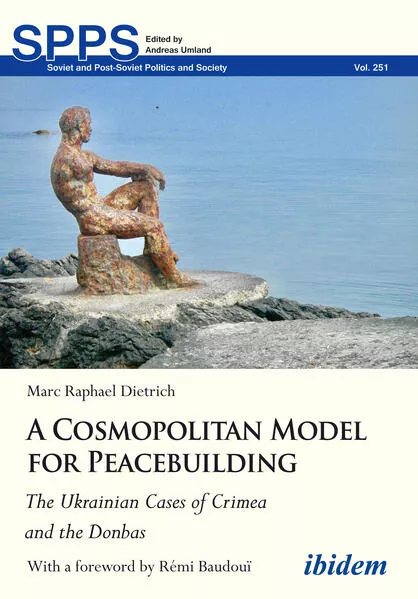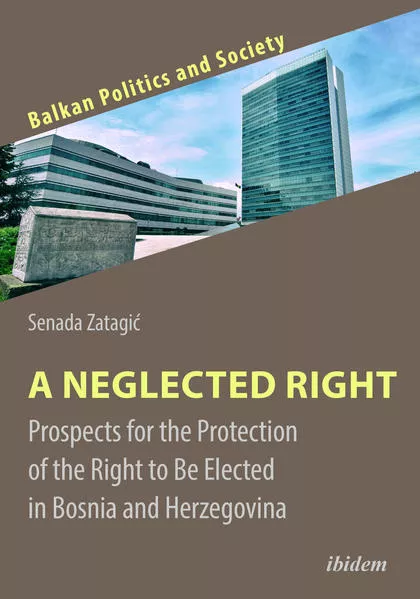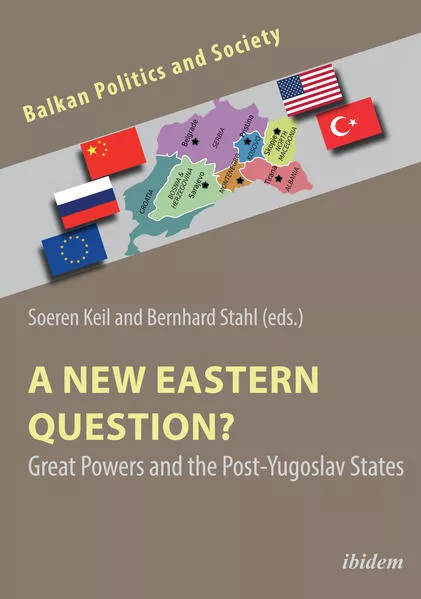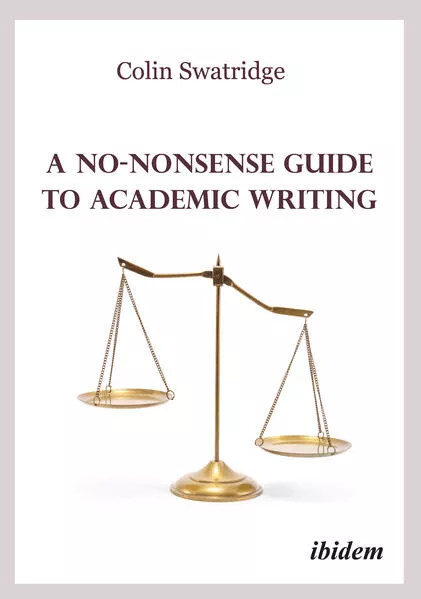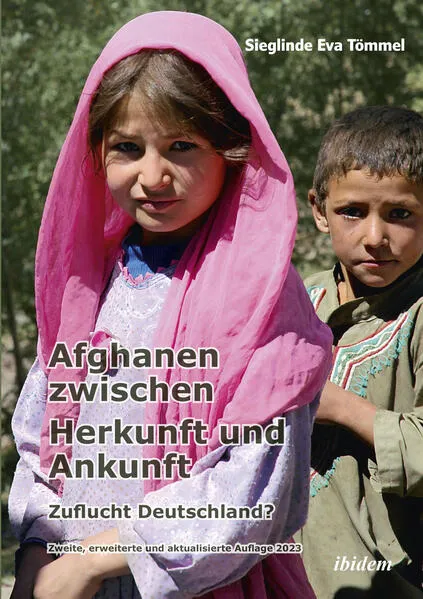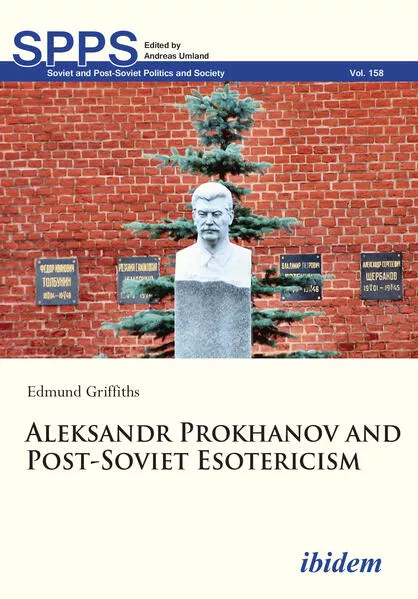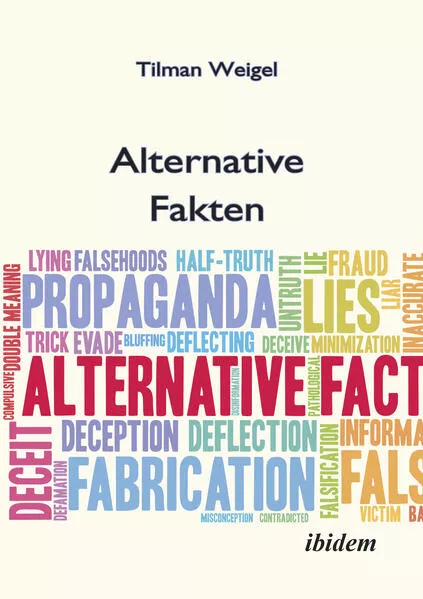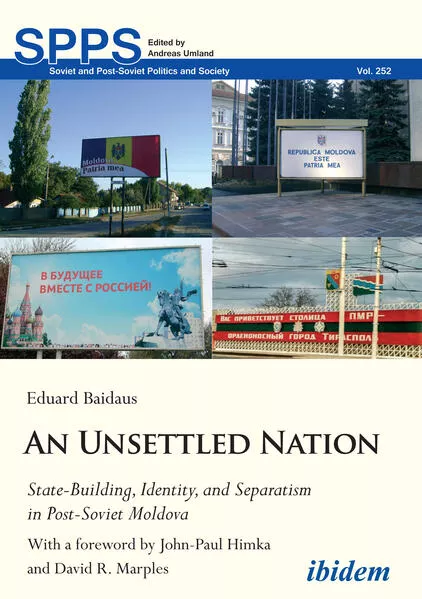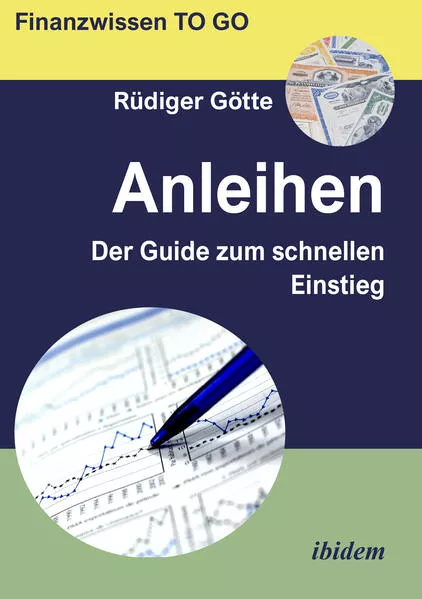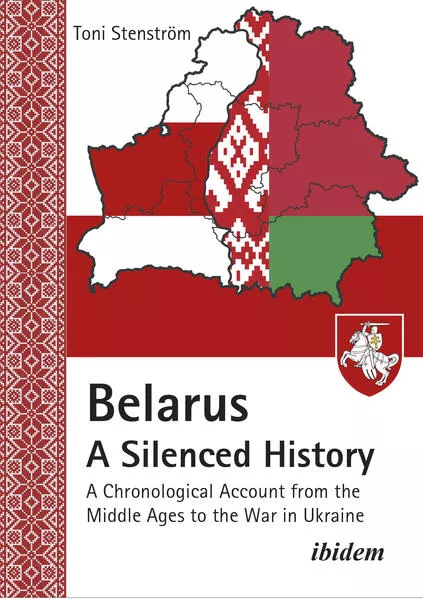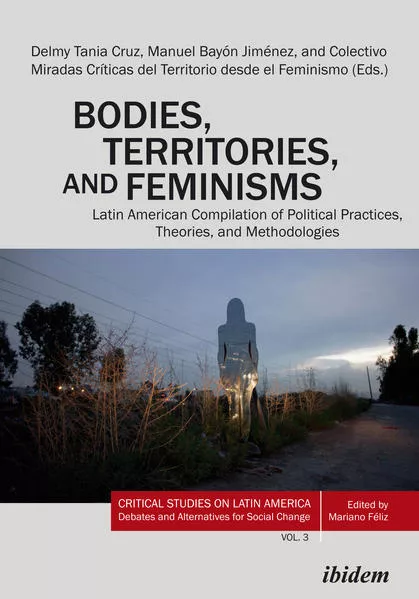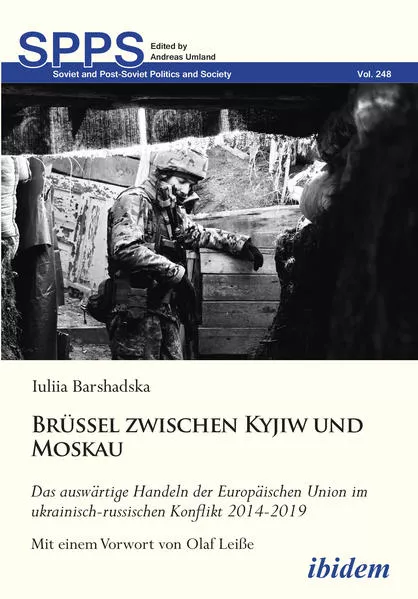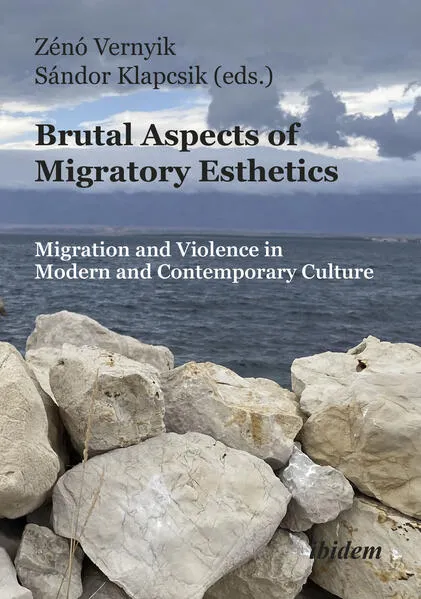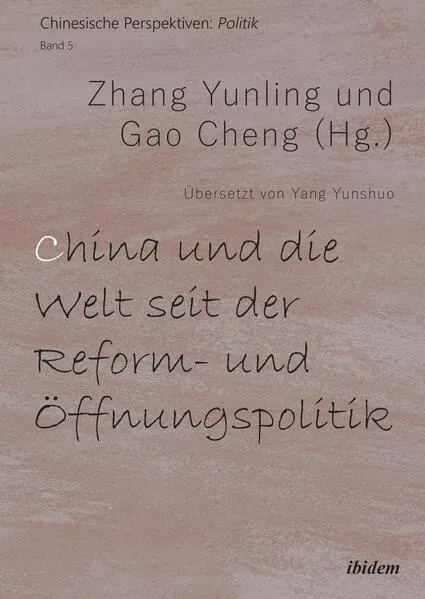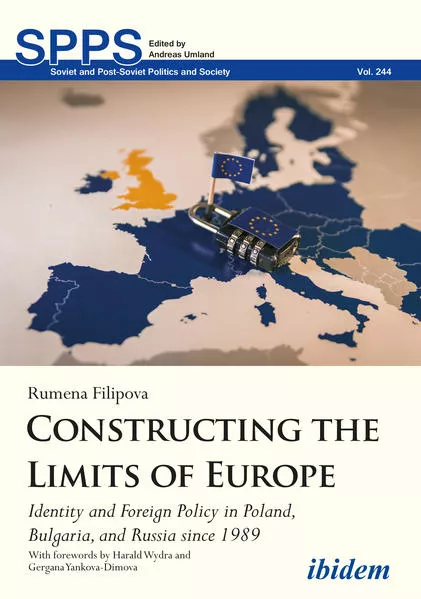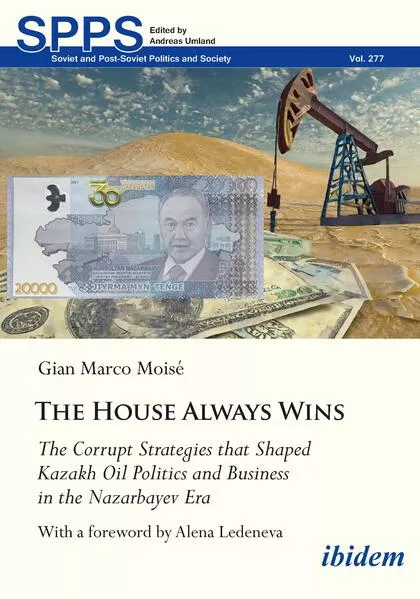
Gian Marco Moisé
The House Always Wins
- The Corrupt Strategies that Shaped Kazakh Oil Politics and Business in the Nazarbayev Era
ISBN: 978-3-838-21917-2
0 Seiten | € 39.90
Buch [Taschenbuch]
Dieses Buch gehört zur Reihe Soviet and Post-Soviet Politics and Society und enthält ca. 43 Folgen.
Erscheinungsdatum:
01.08.2024
Politik
Gian Marco Moisé
The House Always Wins
The Corrupt Strategies that Shaped Kazakh Oil Politics and Business in the Nazarbayev Era
Every couple of years, a new corruption scandal of the oil industry draws the attention of worldwide media: The International Consortium of Investigative Journalists describes the complex schemes of shell companies, international transfers, and hidden tax havens that the political elites of resource-rich countries exploit to embezzle the wealth of the land they should be protecting; dozens of books discuss at length how kleptocrats and their informal circles spend millions of dollars virtually undisturbed in the general hypocrisy of world leaders. This is what we know, but how do the actors of the oil sector shape their relationships through informality?
Using Kazakhstan as a case study, Gian Marco Moisé explores the various ways in which corruption and informal governance converged and were shaped by the everchanging power dynamics between the different actors participating in the industry. Complemented by discussions on other rentier economies, each practice of the taxonomy is presented as a specific strategy employed by the predatory elite to achieve different governance objectives. As these practices normalize, their effects trickle down into an increasing inequality that contributes to the generalized informality of the lowest ranks of the industry.
Using Kazakhstan as a case study, Gian Marco Moisé explores the various ways in which corruption and informal governance converged and were shaped by the everchanging power dynamics between the different actors participating in the industry. Complemented by discussions on other rentier economies, each practice of the taxonomy is presented as a specific strategy employed by the predatory elite to achieve different governance objectives. As these practices normalize, their effects trickle down into an increasing inequality that contributes to the generalized informality of the lowest ranks of the industry.
Unterstütze den lokalen Buchhandel
Nutze die PLZ-Suche um einen Buchhändler in Deiner Nähe zu finden.
Bestelle dieses Buch im Internet
| Veröffentlichung: | 01.08.2024 |
| Höhe/Breite/Gewicht | H 21 cm / B 14,8 cm / 444 g |
| Art des Mediums | Buch [Taschenbuch] |
| Preis DE | EUR 39.90 |
| Reihe | Soviet and Post-Soviet Politics and Society |
| ISBN-13 | 978-3-838-21917-2 |
| ISBN-10 | 3838219171 |
Diesen Artikel teilen
0 Kommentar zu diesem Buch
.... weitere Publikationen von ibidem
Leserunde
Tödliches Schottland: Neun fesselnde Kurzgeschichten
Bewerbungsfrist bis zum: 11.03.2026



